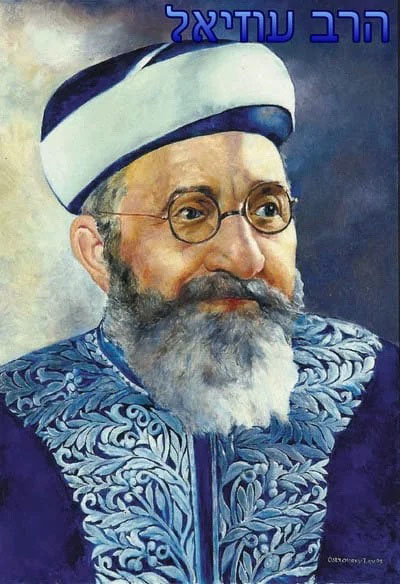
As a rabbi who made Aliyah in the shadow of October 7th, I challenge myself everyday to transmit messages of comfort and hope to my students, readers and followers. It’s easy to fall into the trap of pseudo-political commentary, where everyone – including rabbis – thinks they are an “expert on the situation.” As spiritual leaders, rabbis must rise above that discourse and offer hope in the face of despair.
Shortly after Tisha B’Av in 1933, Rabbi Uziel laid out a challenge to all who go by the title “rabbi.” He spoke about the ongoing problems we face beyond Tisha B’Av, those of political and religious divisions that continue to tear us apart. He reminded us that fasting on Tisha B’Av is not the sole “remedy” to our problems, and that only an internal process of soul searching will lead to change:
“Great is our mourning on this day, during which we engage in an internal accounting of our own deeds, along with a search for actions that will lead to our comfort and healing.”
Reading his words in a post-October 7th world, I look back to what Rabbi Uziel and the Jewish world were facing after Tisha B’Av, Summer of 1933. Just six months earlier, Hitler rose to power. What “actions” did Rabbi Uziel believe will help “comfort us” following the first Tisha B’Av observed in the shadow of Nazi Germany?
“On this Shabbat Nahamu (the post-Tisha B’Av “Shabbat of Comfort”), let us comfort ourselves by taking action towards healing all that is broken, mending all that is tearing us apart, and changing our direction by forging a path towards removing the poisonous divisions and baseless hatred from our midst.”
With Nazi Germany in power and all the dangers that represented, Rabbi Uziel nonetheless turned inward, asking us to strengthen ourselves against outside threats by healing our internal rifts. Thus his challenge to our nation’s “Spiritual Leaders”:
“Who must take the lead in this sacred work? I call upon all rabbis – our spiritual leaders – to take the lead in uniting us and healing our divisions. Redemptive change will only come about when the Torah becomes our agent of unity. Its time that the Torah’s faithful gatekeepers -our spiritual leaders – join together towards the goal of unity. At this moment, when waves of malicious evil threaten our very existence, this internal healing will be our greatest source of comfort.”
In the shadow of October 7th, Rabbi Uziel’s post Tisha B’Av message of internal healing remains as powerful and relevant today as it was in the shadow of Nazi Germany – for rabbis, for everyone.
“Nahamu, Nahamu Ami – Be comforted, Be comforted, my people.”
Shabbat Shalom
Rabbi Daniel Bouskila is the international director of the Sephardic Educational Center.
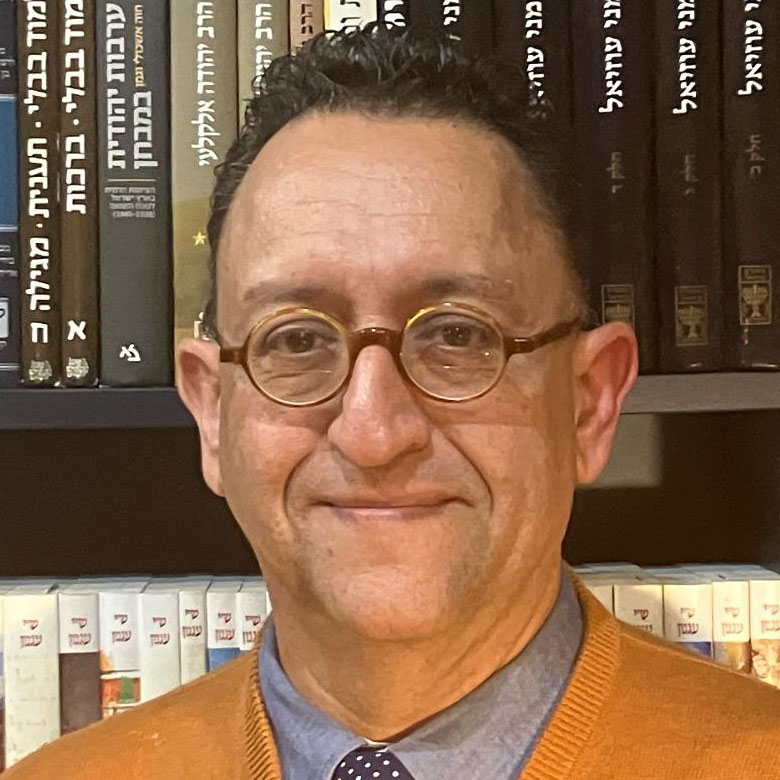






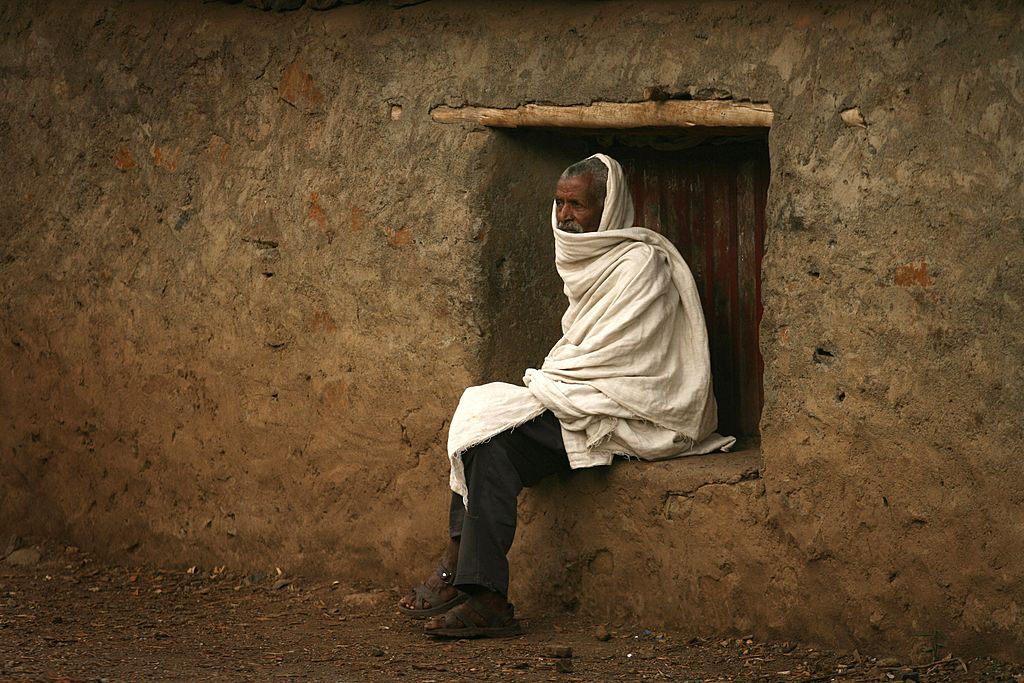




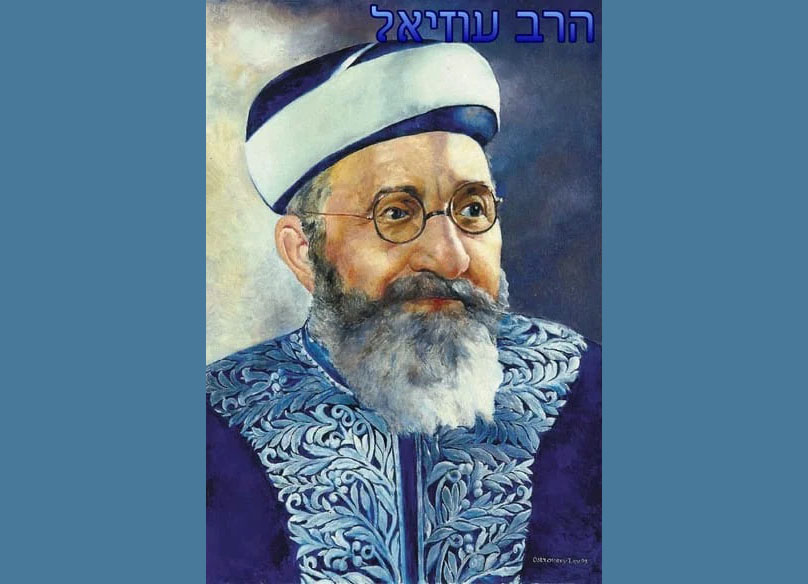

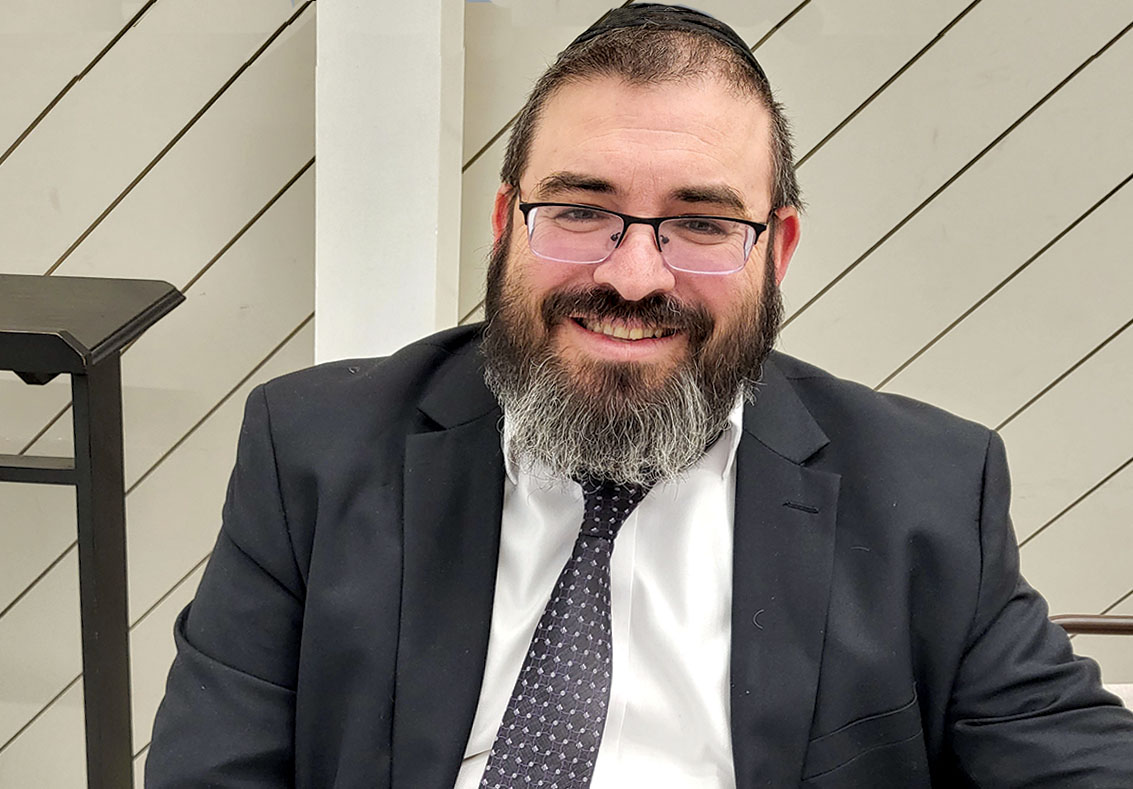







 More news and opinions than at a Shabbat dinner, right in your inbox.
More news and opinions than at a Shabbat dinner, right in your inbox.